John Sedgwick - From the River to the Sea: The Untold Story of the Railroad War That Made the West
Here you can read online John Sedgwick - From the River to the Sea: The Untold Story of the Railroad War That Made the West full text of the book (entire story) in english for free. Download pdf and epub, get meaning, cover and reviews about this ebook. City: New York, year: 2021, publisher: Avid Reader Press, genre: Detective and thriller. Description of the work, (preface) as well as reviews are available. Best literature library LitArk.com created for fans of good reading and offers a wide selection of genres:
Romance novel
Science fiction
Adventure
Detective
Science
History
Home and family
Prose
Art
Politics
Computer
Non-fiction
Religion
Business
Children
Humor
Choose a favorite category and find really read worthwhile books. Enjoy immersion in the world of imagination, feel the emotions of the characters or learn something new for yourself, make an fascinating discovery.
- Book:From the River to the Sea: The Untold Story of the Railroad War That Made the West
- Author:
- Publisher:Avid Reader Press
- Genre:
- Year:2021
- City:New York
- Rating:4 / 5
- Favourites:Add to favourites
- Your mark:
From the River to the Sea: The Untold Story of the Railroad War That Made the West: summary, description and annotation
We offer to read an annotation, description, summary or preface (depends on what the author of the book "From the River to the Sea: The Untold Story of the Railroad War That Made the West" wrote himself). If you haven't found the necessary information about the book — write in the comments, we will try to find it.
A propulsive and panoramic history of one of the most dramatic stories never toldthe greatest railroad war of all time, fought by the daring leaders of the Santa Fe and the Rio Grande to seize, control, and create the American West.
It is difficult to imagine now, but for all its gorgeous scenery, the American West might have been barren tundra as far as most Americans knew well into the 19th century. While the West was advertised as a paradise on earth to citizens in the East and Midwest, many believed the journey too hazardous to be worthwhileuntil 1869, when the first transcontinental railroad changed the face of transportation.
Railroad companies soon became the rulers of western expansion, choosing routes, creating brand-new railroad towns, and building up remote settlements like Santa Fe, Albuquerque, San Diego, and El Paso into proper cities. But thinning federal grants left the routes incomplete, an opportunity that two brash new railroad men, armed with private investments and determination to build an empire across the Southwest clear to the Pacific, soon seized, leading to the greatest railroad war in American history.
In From the River to the Sea, bestselling author John Sedgwick recounts, in vivid and thrilling detail, the decade-long fight between General William J. Palmer, the Civil War hero leading the little family of his Rio Grande, and William Barstow Strong, the hard-nosed manager of the corporate-minded Santa Fe. What begins as an accidental rivalry when the two lines cross in Colorado soon evolves into an all-out battle as each man tries to outdo the otherclaiming exclusive routes through mountains, narrow passes, and the richest silver mines in the world; enlisting private armies to protect their land and lawyers to find loopholes; dispatching spies to gain information; and even using the power of the press and incurring the wrath of the God-like Robber Baron Jay Gouldto emerge victorious. By the end of the century, one man will fade into anonymity and disgrace. The other will achieve unparalleled successand in the process, transform a sleepy backwater of thirty thousand called Los Angeles into a booming metropolis that will forever change the United States.
Filled with colorful characters and high drama, told at the speed of a locomotive, From the River to the Sea is an unforgettable piece of American history that seems to demand a big-screen treatment (The New Yorker).
John Sedgwick: author's other books
Who wrote From the River to the Sea: The Untold Story of the Railroad War That Made the West? Find out the surname, the name of the author of the book and a list of all author's works by series.

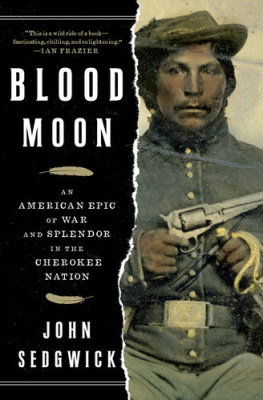
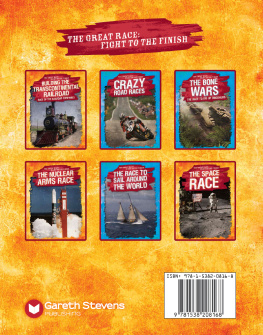


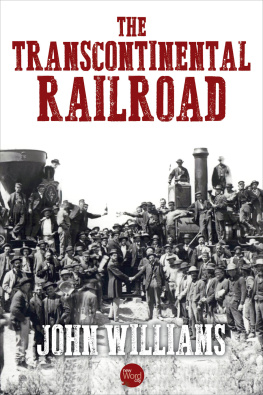
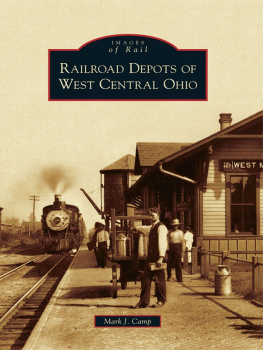
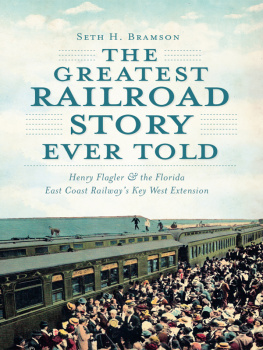
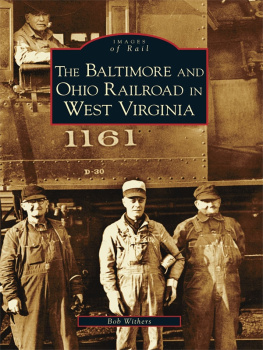
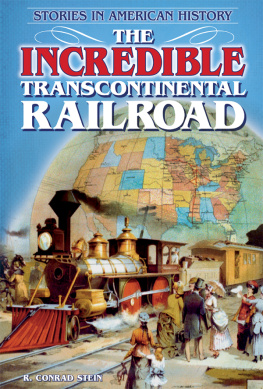
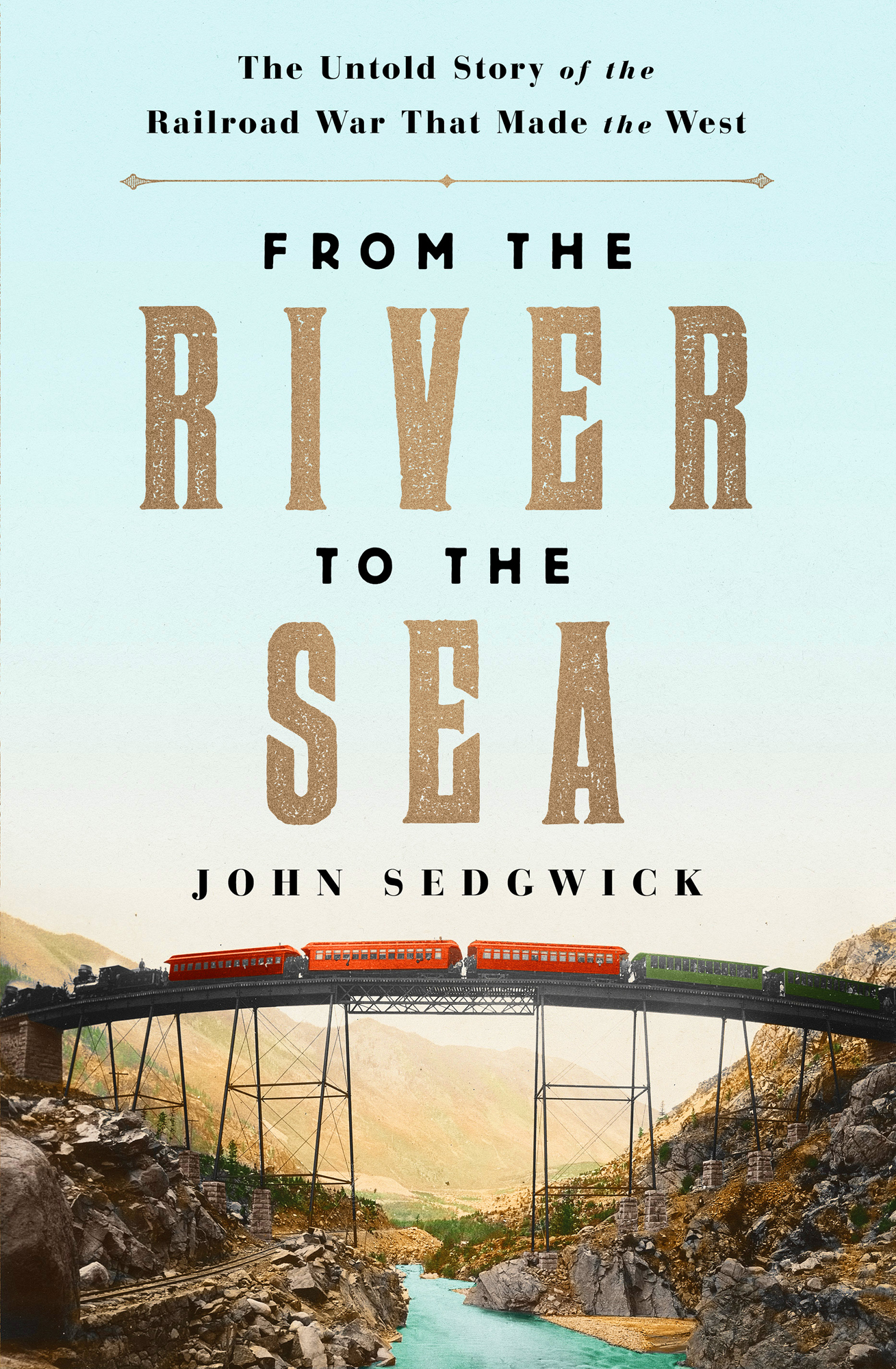

 A Tale of Two Cities
A Tale of Two Cities